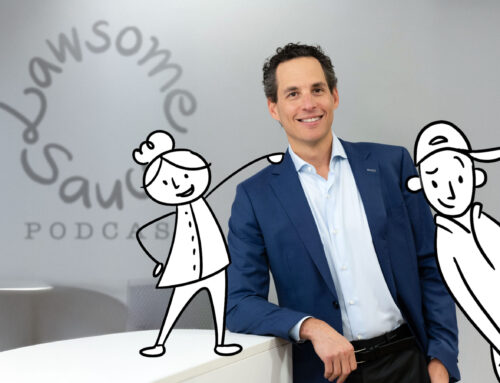ANTHONY NOVAK, petitioner
(Excerpt from the Brief)
ARGUMENT
I. Parody Functions By Tricking People Into Thinking That It Is Real
II. Because Parody Mimics “The Real Thing,” It Has The Unique Capacity To Critique The Real Thing
III. A Reasonable Reader Does Not Need A Disclaimer To Know That Parody Is Parody
IV. It Should Be Obvious That Parodists Cannot Be Prosecuted For Telling A Joke With A Straight Face
INTRODUCTION AND SUMMARY OF ARGUMENT
Americans can be put in jail for poking fun at the government? This was a surprise to America’s Finest News Source and an uncomfortable learning experience for its editorial team. Indeed, “Ohio Police Officers Arrest, Prosecute Man Who Made Fun of Them on Facebook” might sound like a headline ripped from the front pages of The Onion—albeit one that’s considerably less amusing because its subjects are real. So, when 2 See Mar-a-Lago Assistant Manager Wondering if Anyone Coming to Collect Nuclear Briefcase from Lost and Found, The Onion, Mar. 27, 2017, https://bit.ly/3S40xiP. 3
The Onion learned about the Sixth Circuit’s ruling in this case, it became justifiably concerned.
First, the obvious: The Onion’s business model was threatened. This was only the latest occasion on which the absurdity of actual events managed to eclipse what The Onion’s staff could make up. Much more of this, and the front page of The Onion would be indistinguishable from The New York Times.
Second, The Onion regularly pokes its finger in the eyes of repressive and authoritarian regimes, such as the Islamic Republic of Iran, the Democratic People’s Republic of North Korea, and domestic presidential administrations. So The Onion’s professional parodists were less than enthralled to be confronted with a legal ruling that fails to hold government actors accountable for jailing and prosecuting a would-be humorist simply for making fun of them.
Third, the Sixth Circuit’s ruling imperils an ancient form of discourse. The court’s decision suggests that parodists are in the clear only if they pop the balloon in advance by warning their audience that their parody is not true. But some forms of comedy don’t work unless the comedian is able to tell the joke with a straight face. Parody is the quintessential example. Parodists intentionally inhabit the rhetorical form of their target in order to exaggerate or implode it—and by doing so demonstrate the target’s illogic or absurdity.
Put simply, for parody to work, it has to plausibly mimic the original. The Sixth Circuit’s decision in this 4 case would condition the First Amendment’s protection for parody upon a requirement that parodists explicitly say, up-front, that their work is nothing more than an elaborate fiction. But that would strip parody of the very thing that makes it function.
The Onion cannot stand idly by in the face of a ruling that threatens to disembowel a form of rhetoric that has existed for millennia, that is particularly potent in the realm of political debate, and that, purely incidentally, forms the basis of The Onion’s writers’ paychecks.
READ the Novak-Parma-Onion-Amicus-Brief.pdf




